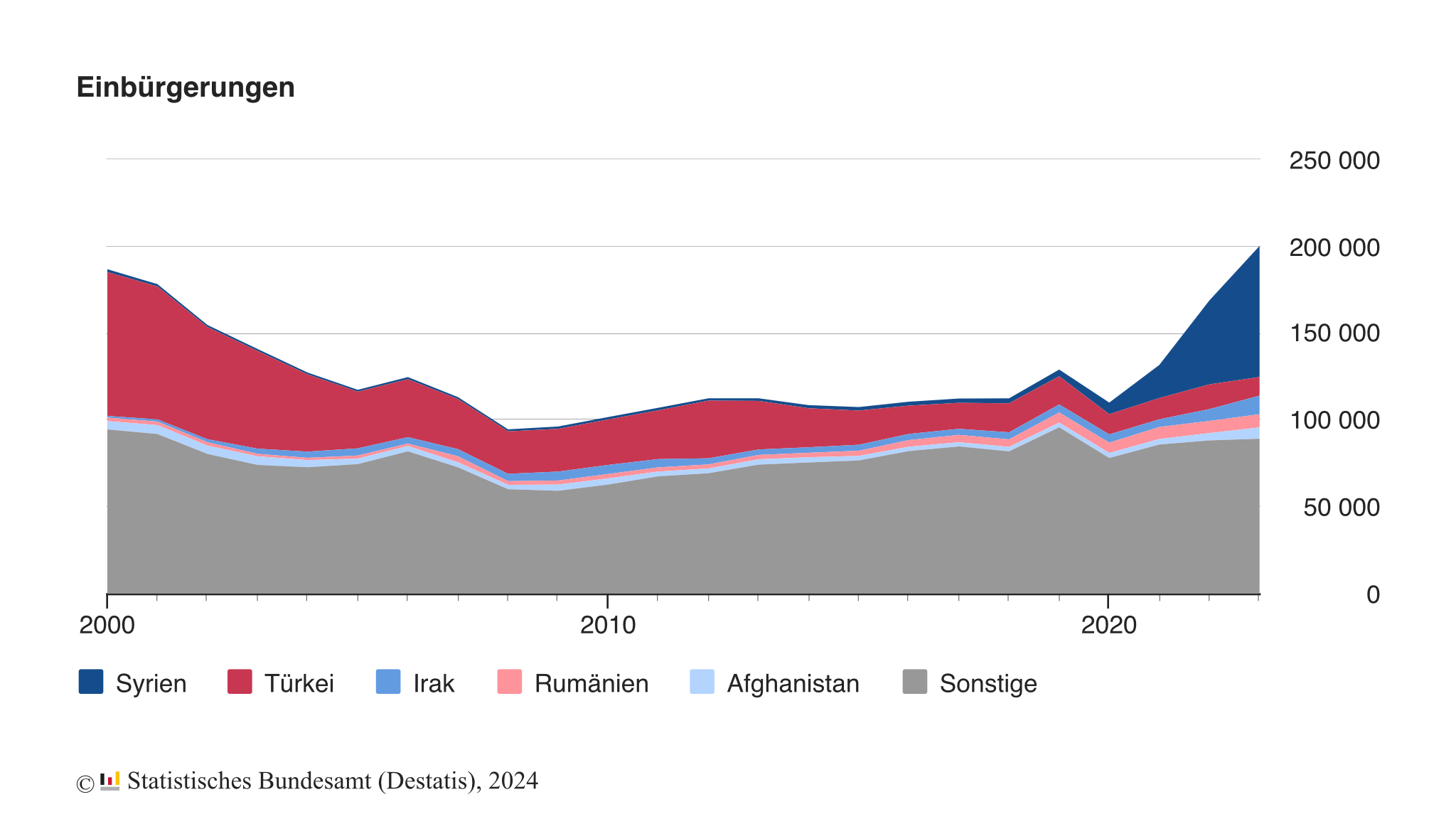
Ever Wondered What a German Train Journey Is Like?
Taking a long-distance journey by train in Germany is a blend of efficiency, comfort, and cultural norms. The Deutsche Bahn, Germany’s national railway, offers various services, with the ICE (Intercity Express) trains leading as the flagship high-speed option. Travelers often prepare by packing snacks, downloading their digital ticket via the DB Navigator app, and arriving at the station with some buffer time.
ICE trains glide smoothly into stations, promising a quiet and comfortable ride. From finding the right platform to settling into a reserved seat, the experience is both organized and traveler-friendly. But what makes a German train journey unique? Let’s explore that, one question at a time.
Are German Trains Punctual?
German punctuality is well-known, but the rail network has faced challenges in maintaining that standard. In recent years, only about 62.5% of ICE long-distance trains arrived on time. Still, slight delays—typically a few minutes—are often manageable and met with understanding. Travelers use this time to grab a coffee or a snack from station vendors.
Despite occasional setbacks, German trains remain a reliable mode of transport, especially when compared to global standards. Passengers adapt quickly to minor changes, and most journeys proceed smoothly once underway.
How Do You Book and Board a Deutsche Bahn Train?
Booking tickets is straightforward. The Deutsche Bahn website and the DB Navigator app offer user-friendly interfaces for planning routes, selecting train classes, and reserving seats. Digital tickets come as QR codes, eliminating the need for paper.
On travel day, departure boards and bilingual signage help guide travelers to their platforms. Platform diagrams show where each train car will stop, making it easy to board efficiently. Letting passengers disembark before boarding is a standard courtesy.
Is Your Seat Really Yours? (Reserved Seating Explained)
Seat reservations are highly recommended for longer journeys. Onboard digital displays indicate reserved seats and the journey segments for which they’re booked. If someone is mistakenly seated in a reserved spot, a polite request usually resolves the issue.
Seat etiquette is taken seriously. Unreserved seats are first-come, first-served, but passengers without reservations should remain flexible in case the seat is later claimed. Having a reserved seat adds comfort and predictability to the journey.
What Ticket Do You Need? (German Train Ticketing)
Tickets are typically checked after departure by conductors equipped with mobile scanners. Digital tickets from the DB app are quickly validated via QR codes. Germany operates on an honor system—there are no ticket barriers—but riding without a ticket can result in hefty fines.
Travelers using a BahnCard for discounts must present it with their ticket. Regional trains also accept mobile and paper passes, making the system flexible and accessible to tourists and frequent travelers alike.
Hungry on the Train? What Are the Dining Options?
ICE trains feature a Bordbistro, offering coffee, snacks, sandwiches, and sometimes hot meals. While prices may be higher than station options, the convenience makes it worthwhile.
Bringing your own food is common. Many travelers pack sandwiches, fruit, or pastries. One notable snack is the boiled egg—compact, protein-rich, and long-lasting, though not without its distinctive smell. The casual atmosphere of train dining contributes to a relaxed travel experience.
Why Do Germans Bring Boiled Eggs and Beer on Trains?
Among common snacks, boiled eggs and beer stand out. Boiled eggs are portable, nutritious, and easy to prepare, making them a frequent choice despite their divisive odor. Beer, on the other hand, is legally and socially acceptable onboard, unlike in many other countries.
These practices reflect a laid-back approach to train travel, emphasizing comfort and personal preferences. While they may surprise new visitors, they are well-accepted and routine for local travelers.
Can You Relax and Take Your Shoes Off? (Train Etiquette in Germany)
Taking off shoes is a debated but generally tolerated practice, provided feet stay on the floor and are odor-free. Putting feet on seats is discouraged and considered disrespectful.
German train etiquette emphasizes quiet, cleanliness, and shared space courtesy. Playing loud music, speaking loudly on the phone, or using extra seats for luggage are frowned upon. Quiet zones offer additional peace for those who prefer silence. Passengers are expected to be mindful and considerate, helping maintain a pleasant environment for all.


